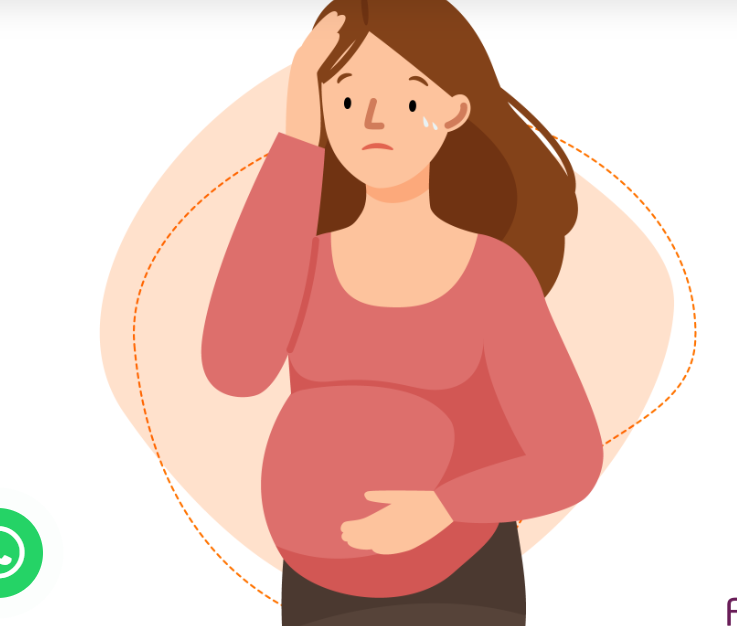
Recurrent pregnancy losses can be tremendously difficult and painful for couples. According to NCBI, about 1% to 3% of women of childbearing age have repeated pregnancy loss. The toll it takes on an individual’s mental, physical, and financial health can be incapacitating, so it’s critical to take proactive measures to deal with such issues. Recurrent pregnancy loss is the unfortunate occurrence of three or more consecutive pregnancy losses before the 20th week of pregnancy. Couples can become traumatized and concerned about the future as the grief and sadness of each loss mount. Therefore, it’s critical to select sensible coping mechanisms for recurrent pregnancy loss, emphasizing the value of emotional support, comprehending the underlying causes, getting a complete medical diagnosis, prioritizing physical well-being, and considering supportive therapies.
Emotional support: Nurturing a strong
support system:
It is
critical to seek emotional support while dealing with several pregnancy losses.
Individuals can rely on family members for assistance and support. Sharing your
thoughts and feelings with close friends or family members can also be helpful.
Additionally, consider obtaining professional therapy or counselling as well.
An environment that is safe for expressing emotions, processing loss, and
developing coping mechanisms can be offered by trained counsellors or
therapists. Their advice can aid in navigating the complicated emotions caused
by repeated pregnancy losses and promote recovery. Also, joining support groups
that cater to those with comparable circumstances can provide a sense of
connection, validation, and support.
Understand the causes: Consulting
with reproductive specialists:
Recurrent
pregnancy losses necessitate the consultation of a reproductive specialist.
These experts can provide a complete examination to determine the underlying
problems. Couples can obtain appropriate treatment and management measures
specific to their situation if they understand the causes. Reproductive
specialists provide specialized knowledge and the ability to help couples
through the complications of recurrent pregnancy losses. Their advice and
insights can considerably boost the odds of a successful pregnancy.
Medical evaluation: Assessing
contributing factors:
It is
crucial to undergo extensive medical testing in order to identify any
contributing reasons for repeated pregnancy losses. These investigations can
include genetic testing, hormone assessments, and ultrasound checks. Medical
practitioners can identify if there are any treatments or curable issues that
can improve your chances of a successful pregnancy by having patients undergo a
medical evaluation. Thus, to provide the best care and monitoring, it is
essential to adhere to the advice of the healthcare practitioner and show up
for your prenatal check-ups on a regular basis.
Physical well-being: Prioritizing
health and self-care:
Taking care
of one’s physical well-being is of the utmost importance for couples who have
experienced several pregnancy losses. In order to feel good generally, one must
maintain a healthy lifestyle. Both physical and emotional health benefit from
regular exercise, a balanced diet, and enough sleep. For the best monitoring
and care, following the medical professional’s advice and showing up for
scheduled prenatal checkups is crucial. Furthermore, adhering to these
suggestions and freely communicating any concerns or inquiries with the
healthcare professional is essential.
A roadmap for coping with recurrent
pregnancy losses!
Couples must
overcome several mental and physical difficulties when dealing with recurrent
pregnancy losses. They may tackle this journey with greater resiliency by
obtaining emotional support, recognizing the underlying causes through
consultation with reproductive professionals, undergoing medical evaluation,
prioritizing physical well-being, and thinking about supportive
therapies. Every journey is different; therefore, it’s crucial to keep this in
mind when choosing the best measures for you. With the right support and
proactive measures, couples can find strength, healing, and hope in their
journey towards building a family.
The author is Senior Consultant of Obstetrician & Gynaecologist,at Milann Fertility & Birthing Hospital, Kumarapark, Bangalore